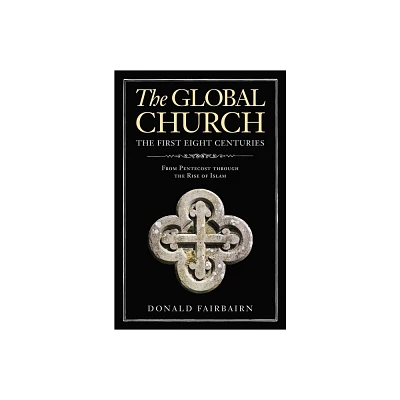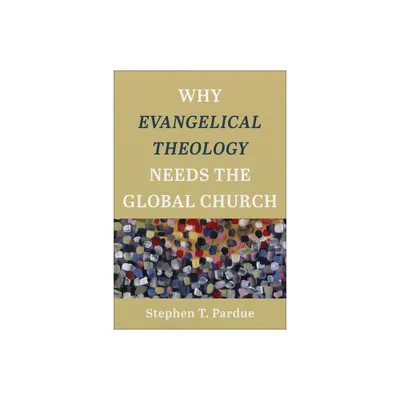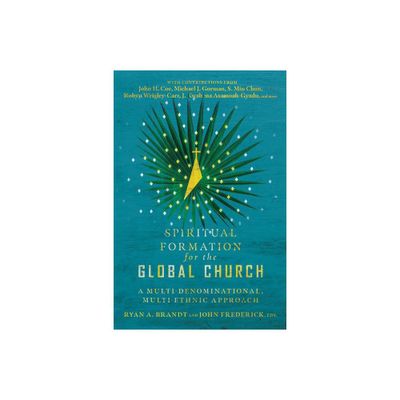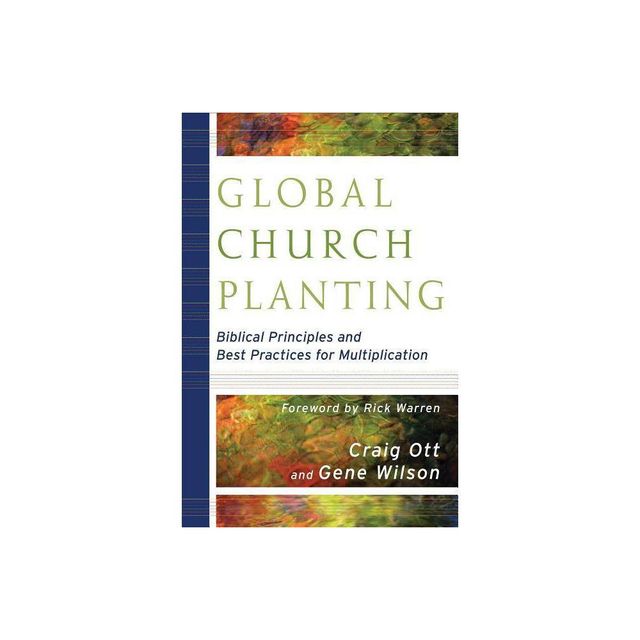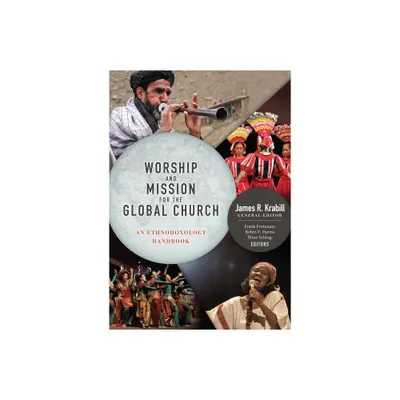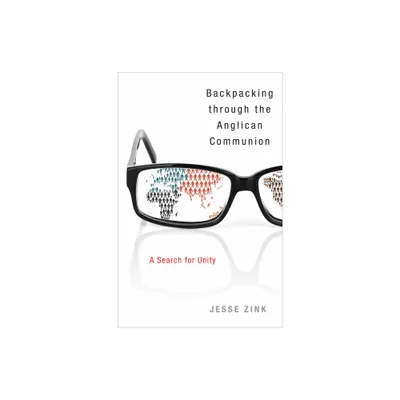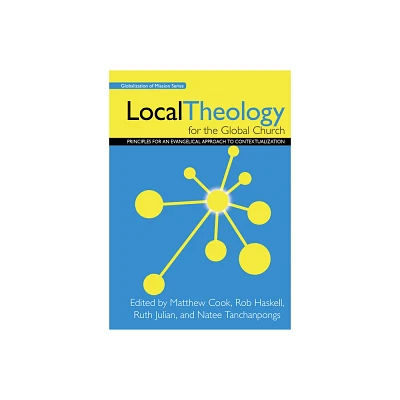Home
The Fate of Communion: The Agony of Anglicanism and the Future of a Global Church
Loading Inventory...
Barnes and Noble
The Fate of Communion: The Agony of Anglicanism and the Future of a Global Church
Current price: $31.99


Barnes and Noble
The Fate of Communion: The Agony of Anglicanism and the Future of a Global Church
Current price: $31.99
Loading Inventory...
Size: OS
*Product Information may vary - to confirm product availability, pricing, and additional information please contact Barnes and Noble
Current debates over a host of issues, particularly those relating to homosexuality, have left the 70-million-member Anglican Communion straining to understand what it means to be a communion and even wondering whether life as a communion is possible.
In this timely book two priest-scholars, Ephraim Radner and Philip Turner, examine the future of the concept of "communion" as a viable church structure, tracing its historical development as a self-conscious Anglican third way between Protestant congregationalism and Catholic centralism. In examining this essential issue, Radner and Turner relate the specific challenges of the U.S. Episcopal Church to the unity of the worldwide communion, touching on such divisive subjects as the place of Scripture, liberal theology, and episcopal authority. Their discussion is at once measured and impassioned, erudite and practical.
Compelling reading for Episcopalians and those in other traditions who are searching for a truly Christian approach to these thorny topics,
The Fate of Communion
is a forthright, direct examination of a church in turmoil.
In this timely book two priest-scholars, Ephraim Radner and Philip Turner, examine the future of the concept of "communion" as a viable church structure, tracing its historical development as a self-conscious Anglican third way between Protestant congregationalism and Catholic centralism. In examining this essential issue, Radner and Turner relate the specific challenges of the U.S. Episcopal Church to the unity of the worldwide communion, touching on such divisive subjects as the place of Scripture, liberal theology, and episcopal authority. Their discussion is at once measured and impassioned, erudite and practical.
Compelling reading for Episcopalians and those in other traditions who are searching for a truly Christian approach to these thorny topics,
The Fate of Communion
is a forthright, direct examination of a church in turmoil.



